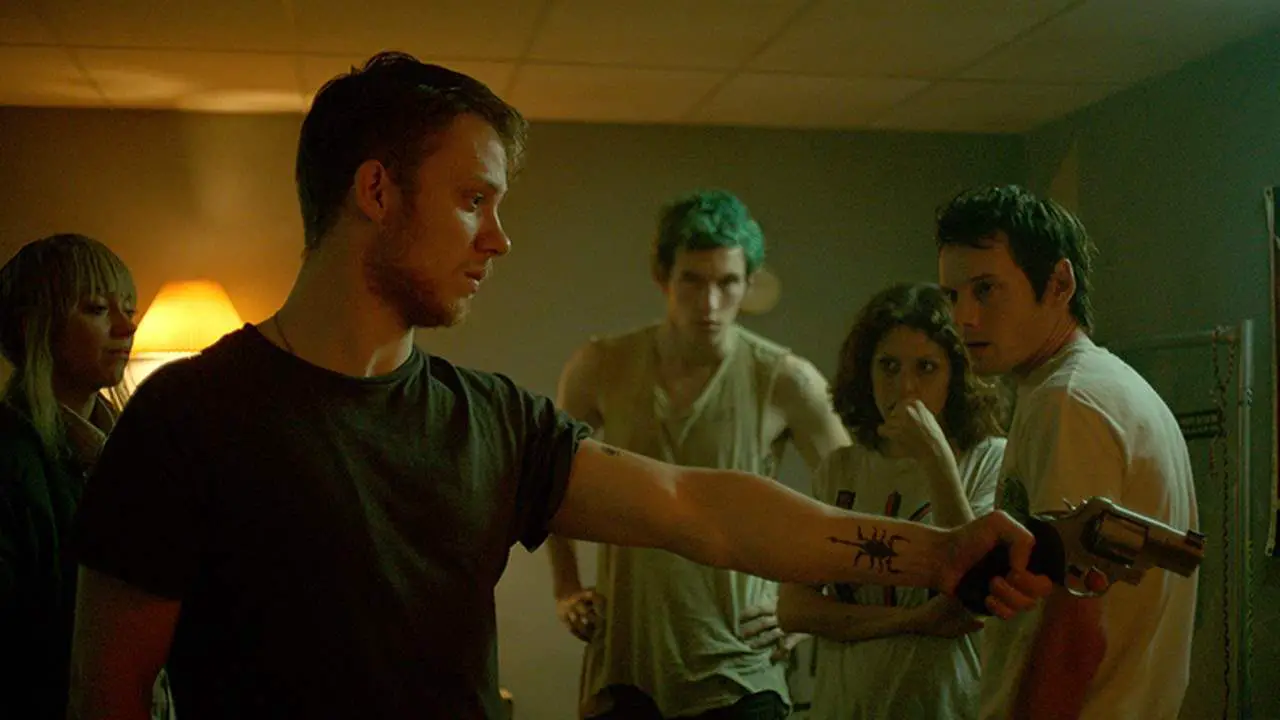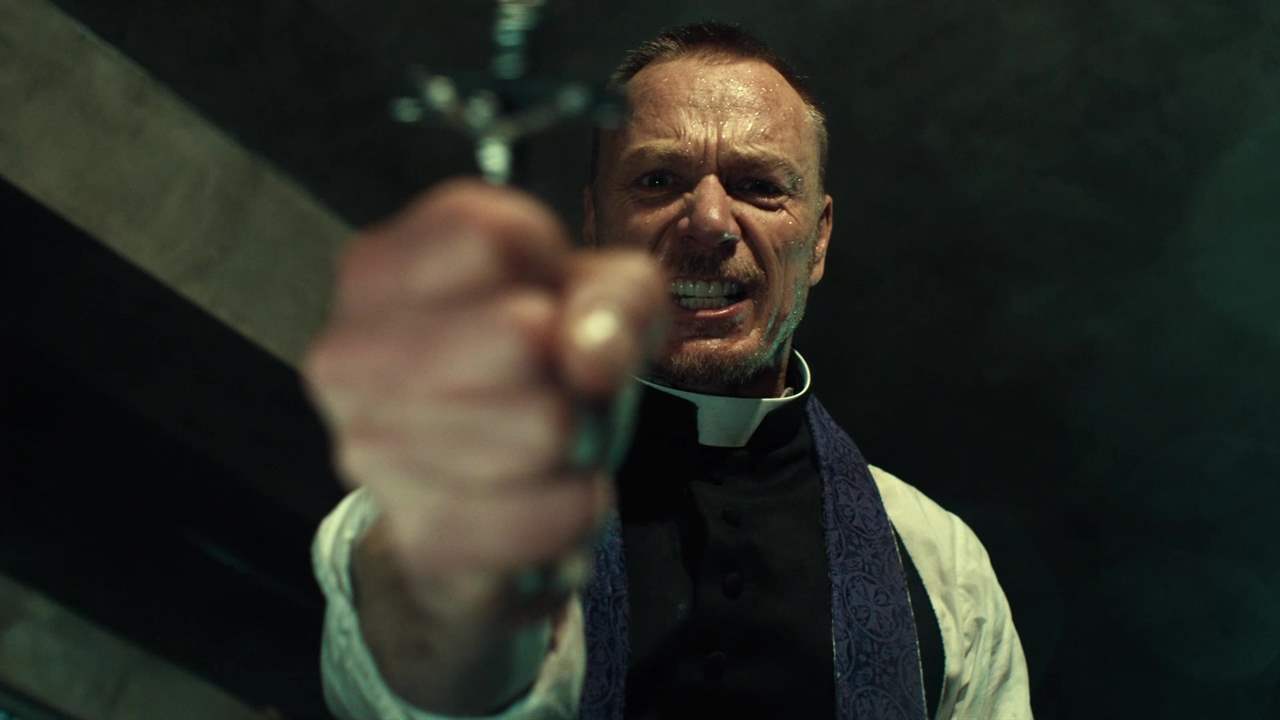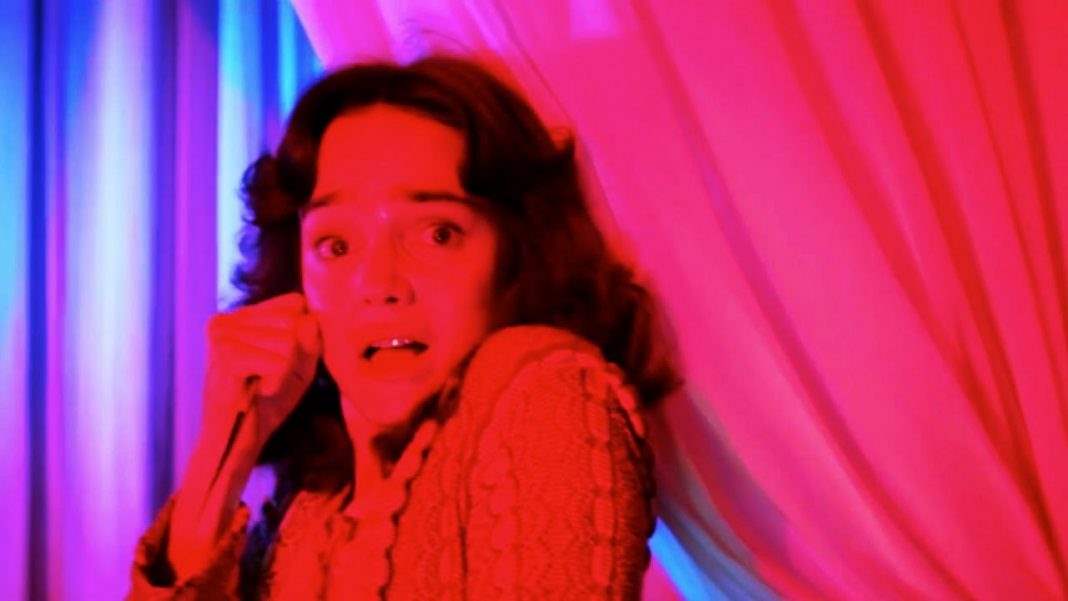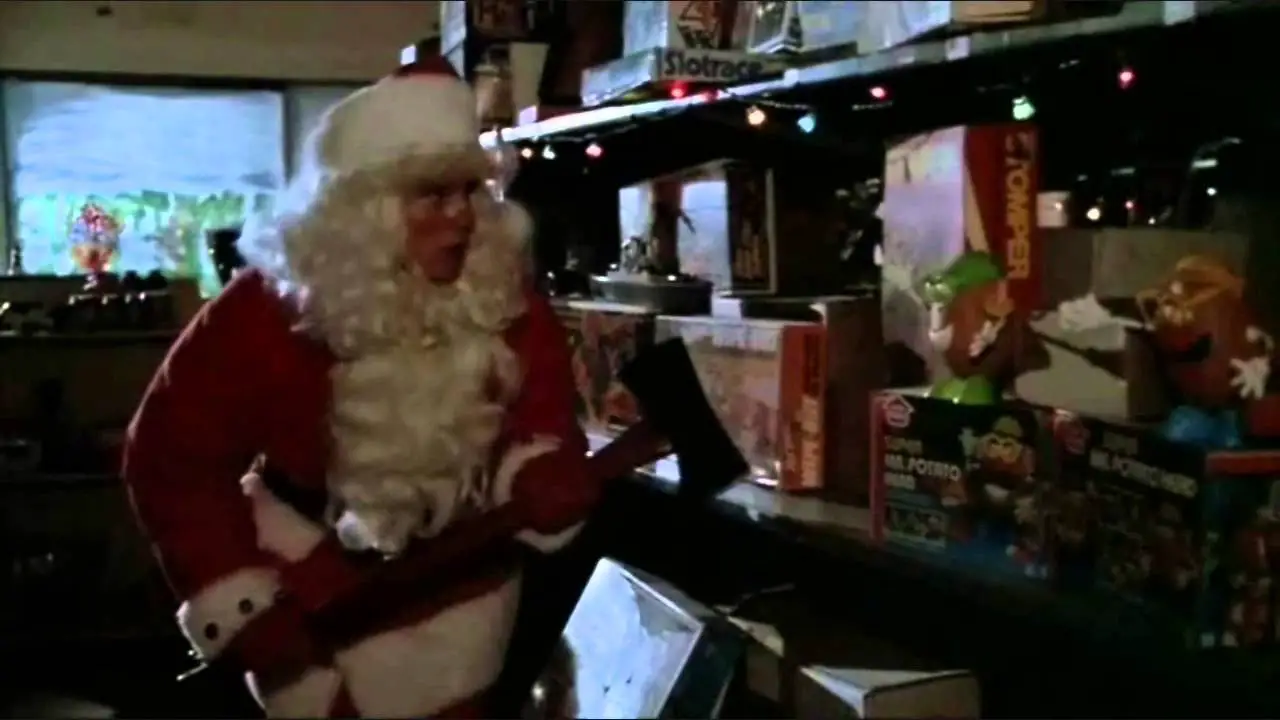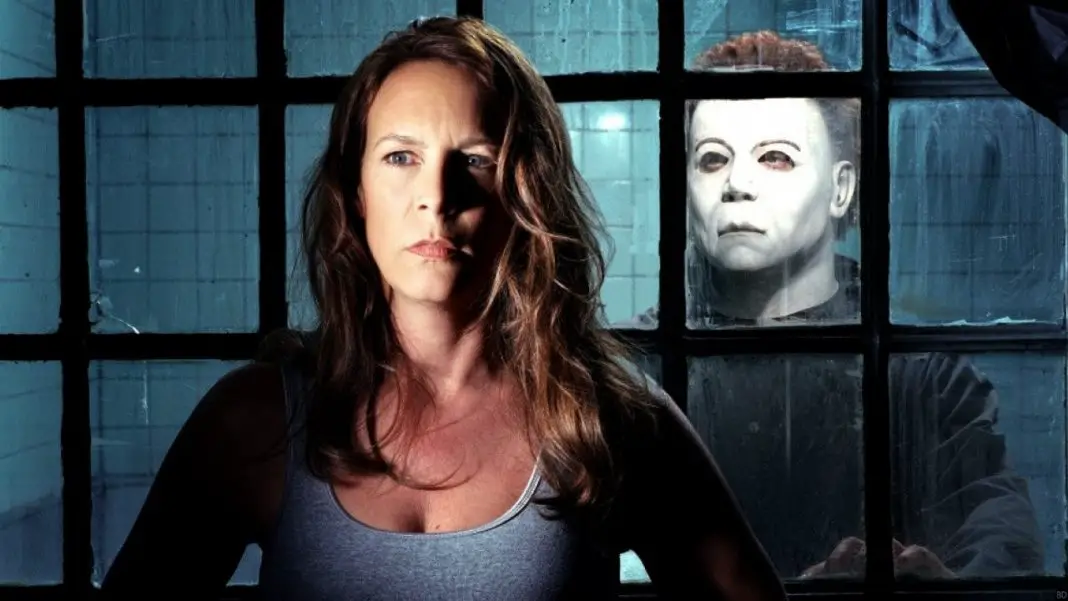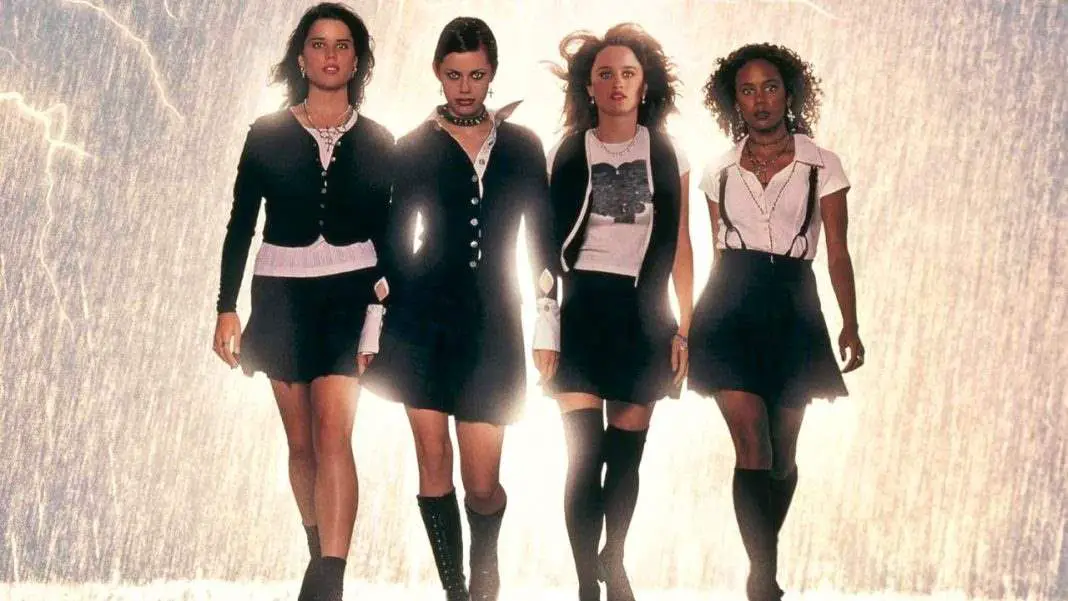Earlier this month, Wicked Horror managing editor Tyler Doupe´spoke with Green Room director Jeremy Saulnier and star Anton Yelchin about their various roles in the upcoming film. Saulnier opened up about why researching the project left scars that will last a lifetime, the overwhelmingly positive response the picture has received from fans and critics alike, shooting in the Portland area, and much more. Yelchin touched on why he seems to be appearing in more genre-related pictures as of late, the original music from the flick, and so much more.
In addition to Yelchin, Green Room stars Patrick Stewart, Imogen Poots, Alia Shawkat, Joe Cole, Callum Turner, Mark Webber, Eric Edelstein, Macon Blair, and Kai Lennox. It is currently playing in select markets and will see a wide theatrical release April 29.
Green Room finds struggling punk band The Ain’t Rights booking a gig at a club in the backwoods of Oregon. When they arrive at the venue, the group plays a show for a less than enthusiastic audience filled with neo-Nazis. Post gig, the band witnesses a murder in the club’s green room and a violent standoff between The Ain’t Rights and the skinheads ensues.
Wicked Horror: Jeremy, the film is being released theatrically, all over the world, it’s certified ‘fresh’ on Rotten Tomatoes, fan response from early screenings has been overwhelming positive. When you were in the conception process, did you have any idea how special this picture was going to be?
Jeremy Saulnier: I had no idea. This idea created Blue Ruin, so it was really a matter of when Blue Ruin took off and was very well received, it presented me with so many opportunities. I felt like, ‘Wow, this is a dangerous move,’ but in my gut, I knew that Green Room had to be my next movie. I knew that it was a big risk. I knew that it would be an even more divisive movie, that it [might] not be so well received, by critics, especially. But I was definitely aiming for a certain fanbase. I made a movie for my 19-year-old self and the friends that I grew up with who were in punk rock bands and made films together. This is really an homage, but not a throwback. I thought the movie would be exciting and fill a void but might disappoint a few people who thought my trajectory might be a little bit different. But now that I’ve seen how well it has been received, I have a little more faith in my instincts. It wasn’t strategically designed to really do anything but it is relatively unfiltered. It’s a pure vision. It’s exciting, because when you aim for eight people, you can hit a whole lot more. I’ve heard, many times, people say, ‘I feel this movie was made just for me.’ Of course, they’re total strangers. But that’s the most, I think, gratifying part of this movie.

Wicked Horror: Jeremy, I saw in the press notes where you said that some of the research you did for Green Room will haunt you for the rest of your life. I’m curious as to what scared you the most during that process?
Saulnier: I’ve been familiar, sort of, with the Skinhead culture, which is very diverse. Under the umbrella of Skinhead, you have a whole different set of ideologies and affiliations. I just wanted to immerse myself in the culture and get to a point where I felt I could, with authority, have these characters speak amongst themselves and get this insider jargon, and then kind of throw it away. I didn’t want to get bogged down in ideology and have big speeches or monologues about why they think the way they think. But I did have to research dog fighting and dog attacks. That was probably the most traumatic. I pulled back pretty quick. I think the best benefit of that research process was realizing that Pit bulls are actually very friendly. The statistics are that they are responsible for the most fatalities but it’s because of how they’ve been bred. It’s because of how humans have interacted with their lineage and how they’re trained. Immersing myself in that culture was difficult but it actually ended up providing me with a very important thread that I wove into the story that is a ray of hope about who we are at our core and who these vicious canines are at their core.
Wicked Horror: I think you did a great job of exposing the audience to a realistic look at the culture without getting to the point of over-saturation.
Saulnier: Thanks.
Wicked Horror: Anton, it seems that as you’ve gotten a little bit older and more established in your career that you’ve been doing a lot more genre offerings. In the past few years, we’ve seen you in Fright Night, Burying the Ex, and now Green Room. I’m curious if that’s just happenstance or if you find yourself gravitating more to those roles now that you can afford to pick and choose the parts you play?
Anton Yelchin: I think that’s just sort of happenstance. It’s like, there are things that I’ve done that get lost in the festival circuit and disappear. I’ve been doing all sorts of different things. They also sometimes come out years later. Like, you know, I’ll do a film and it will be sitting on the shelf for three or four years. When I pick things, I usually just go by the filmmaker. If I admire the filmmaker, I’m down for whatever they’re doing. It’s just happenstance. I don’t really think of this film…of course it’s a genre picture, but it’s Jeremy’s genre picture, so I think of it that way. It’s like, you know, working on the [Jim] Jarmusch film [Only Lovers Left Alive] I don’t think of that as a vampire film. I think of it as the Jarmusch film. Or Joe [Dante’s] film [Burying the Ex], I think of that as Joe’s film.
 Wicked Horror: I enjoyed Burying the Ex. I thought you were great in that. I interviewed Joe Dante for that recently and it seemed like a passion project for him.
Wicked Horror: I enjoyed Burying the Ex. I thought you were great in that. I interviewed Joe Dante for that recently and it seemed like a passion project for him.
Yelchin: Thank you. Mark is in Joe’s new movie [Labirintus]. Mark Webber [who also stars in Green Room].
Wicked Horror: Awesome. Speaking of career trajectory, Jeremy, you seem to gravitate toward darker projects. Not all of your films have been straight horror but Blue Ruin definitely had horror overtones to it. Do you expect that you will keep targeting pictures like that or are you planning to move away from horror? I think I actually saw that you said, in a previous interview, that your next project might be something completely different from what you’ve done previously.
Saulnier: I can control the films that I write and there is a design behind my career path. It’s not so much strategy for how to get famous or make more money. It’s how to keep my interest alive, to try to do new things and flex different muscles. So, there’s a few things that I’m pursuing right now that are in the crime genre. There’s one that’s a beautiful, existential, movie with a lot of violence in it. But I think the next original project that I want to write is currently a little bit lighter. Like, Green Room was written for the kids I grew up with in the punk rock and hardcore scene who were making these insane zombie films in their spare time. One day I’ll write a film for my mom. I’ll still try to keep it exciting. I think why I gravitate towards genre is because of the visual offerings of the movies. With the smoke and blood and dust and moving cameras and choreography and fast-moving action. All the good stuff that makes me come alive and engaged as a filmmaker. The challenge for Green Room, of course, was that it’s people talking in a room. The challenge to make that tense was a big undertaking. I think we pulled it off quite well. That’s scary for me. My comfort zone is the carnage and the action. I’ve been doing that since I was nine years old. So, I do want to keep my films visual and keep them alive and kinetic. But, I’d consider lowering the body count. [Laughs]
Wicked Horror: Anton, how were you and your costars involved with the creation of the original music in the film?
Yelchin: It’s actually Callum [Turner] singing. They’re all songs from Jeremy’s friend’s bands back in the day. But a band in Portland re-recorded them. We played to them here. We actually practiced here [in Portland] and learned how to play them. But the vocals are Callum’s. Callum has crazy good, like, punk-style vocals. We actually jammed together after the movie and recorded something.
 Wicked Horror: Since we’re here in Portland, it’s probably worth asking: What led to you guys shooting the film in the Portland area and setting the film in rural Oregon?
Wicked Horror: Since we’re here in Portland, it’s probably worth asking: What led to you guys shooting the film in the Portland area and setting the film in rural Oregon?
Saulnier: I wanted to avoid the American South. I thought that was a little too obvious, a little played out. I was initially thinking Delaware, with the story having Nazi skinheads involved. But one of our producers lives in Portland and he suggested it. It actually lined up to be the best location. There is a history of these movements on the fringes of society here. It just so happened to offer such geographic diversity to visually compliment the fact that most of the film is set in one room. It provided forests, cornfields, mountains. We ran all around the area trying to capture the amazing environment. That was a huge thing, just to keep it out of the south and in an unexpected place, but to actually have it be plausible.
Wicked Horror: Jeremy, do you still listed to punk and hardcore?
Saulnier: Not very often. I mostly listen to children’s music.
Yelchin: And Sabbath.
Saulnier: Yeah, the kids do like some Sabbath.
